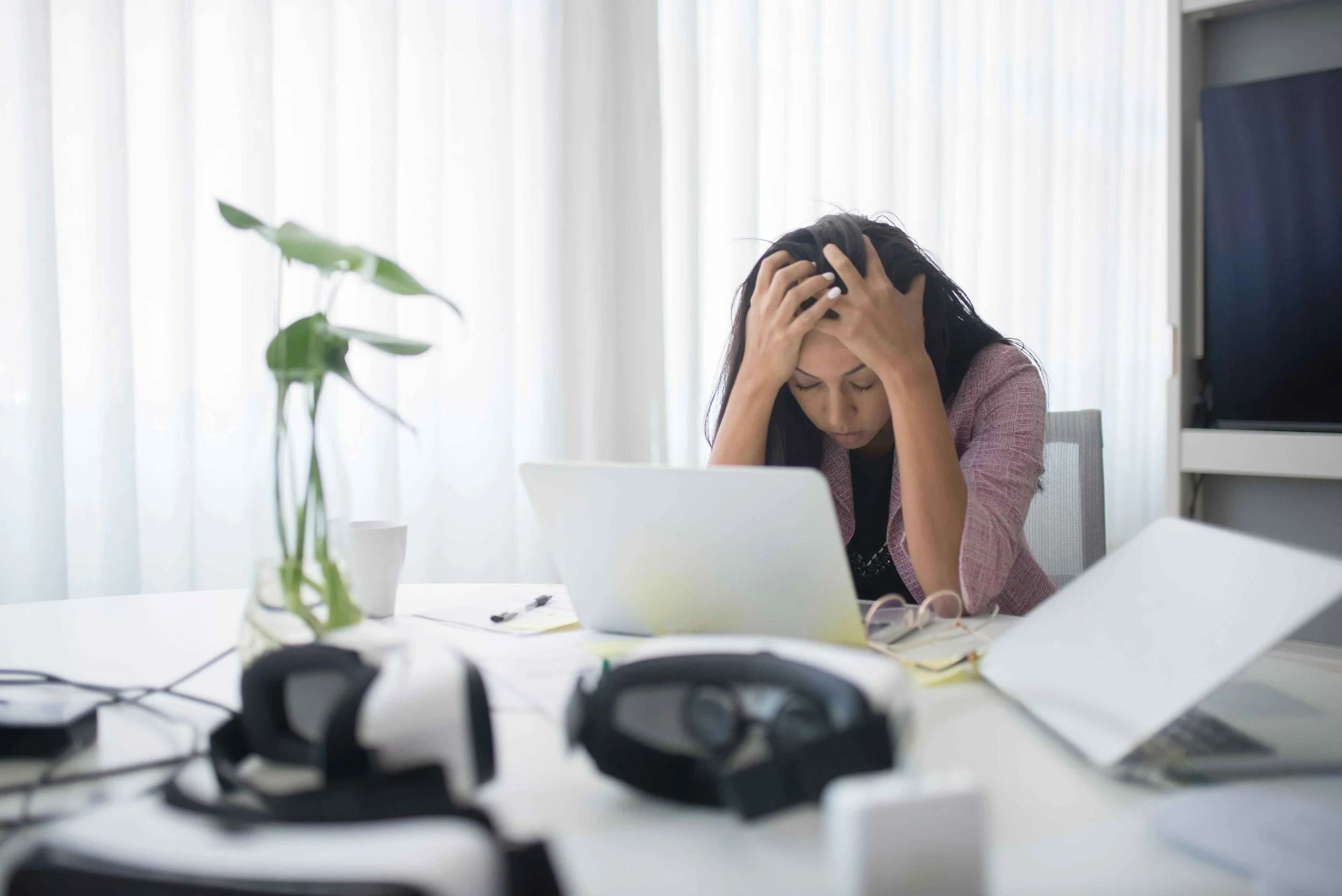In today’s hyper-connected world, digital burnout has become an increasingly common challenge. Constant notifications, endless social media scrolling, and the pressure to stay “always available” can leave both teens and adults feeling mentally exhausted, emotionally drained, and physically fatigued. Unlike traditional stress, digital burnout comes from a combination of screen overuse, information overload, and the subtle anxiety of online interactions, making it harder to recognize until it significantly affects mood, focus, and daily functioning.
The good news is that digital burnout is manageable with conscious strategies and small, consistent changes. By setting boundaries, prioritizing offline activities, and practicing mindful technology use, it is possible to regain control over your time and mental energy. In this blog, we will explore five practical ways to deal with digital burnout, helping you reconnect with yourself, reduce stress, and reclaim balance in an always-online world.













